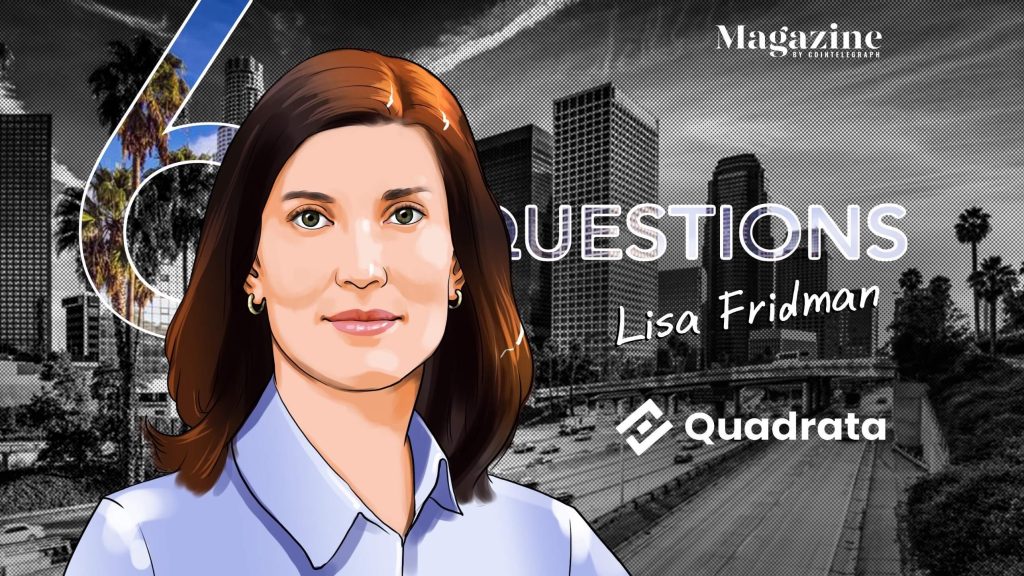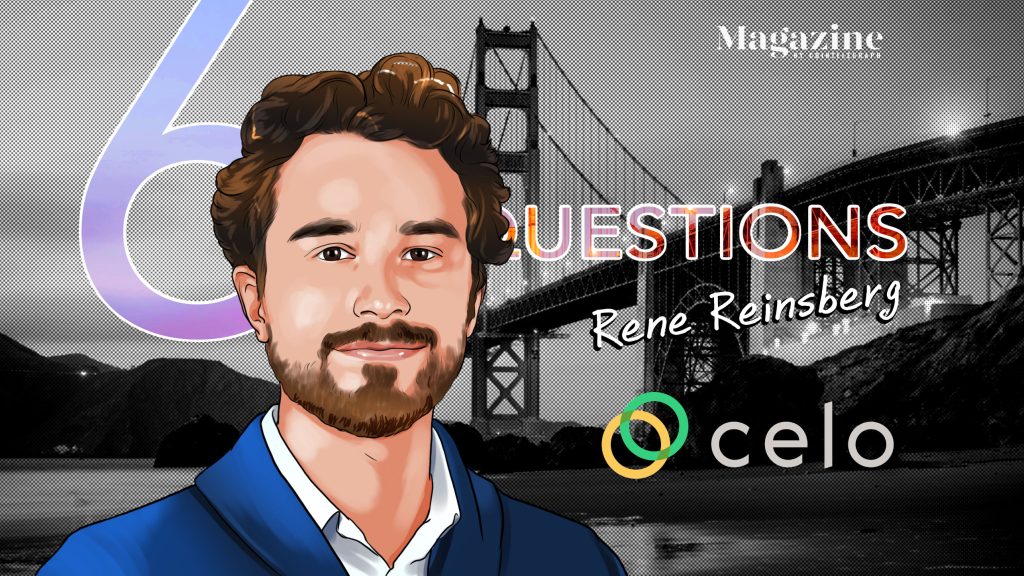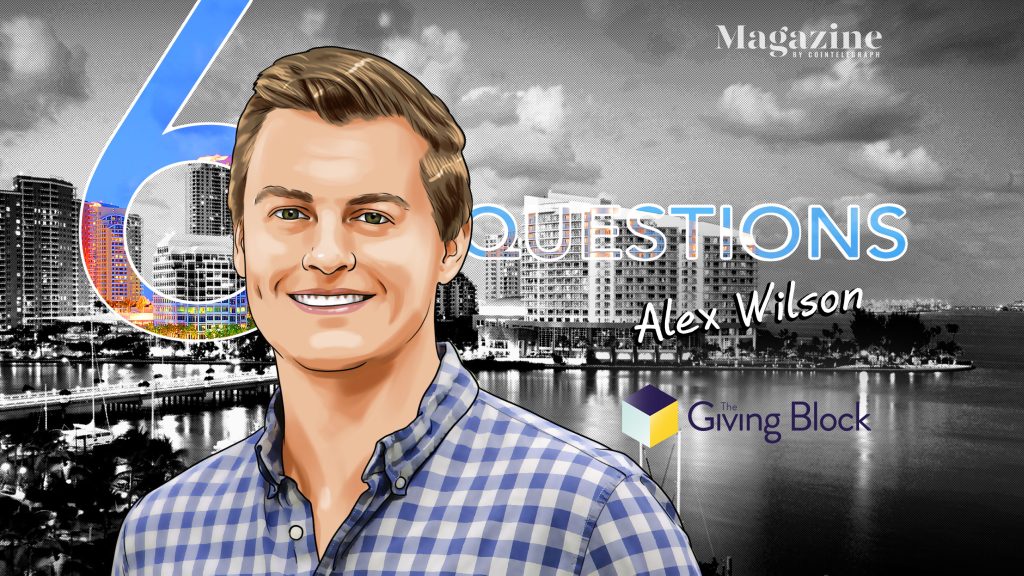6 Questions for Lisa Fridman of Quadrata


We ask the buidlers in the blockchain and cryptocurrency sector for their thoughts on the industry… and throw in a few random zingers to keep them on their toes!
This week, our 6 Questions go to Lisa Fridman, the president and co-founder of Quadrata, a network that brings an identity and compliance layer to DeFi across existing public blockchains.
Lisa Fridman was previously the head of blockchain strategy at Springcoin (Spring Labs). Prior to joining Spring Labs, Lisa served as a co-head of strategy at Martlet Asset Management, CEO of PAAMCO Europe and the global head of research at PAAMCO. Lisa is an experienced investor and a business builder. Throughout her career, she has worked closely with institutions, delivering bespoke solutions. She received her Master of Business Administration and graduated summa cum laude with a Bachelor of Arts in Business Economics from the University of California, Los Angeles.
1 What does decentralization mean to you, and why is it important?
Decentralization, to me, means not having to depend on a single entity to continue operations. For example, creating a network where different parties can validate the data necessary for various use cases mitigates the potential risk of a single point of failure. We embrace this philosophy at Quadrata in the context of our passport ecosystem.
2 What is the main hurdle to gaining mass adoption of blockchain technology?
The main hurdle to mass adoption of blockchain technology is limited data availability on-chain and a lack of compliance-aware solutions. By understanding the need for identity, reputation and compliance on- and off-chain and creating products to address this gap in the market, we can help onboard more individuals and institutions to DeFi and Web3 overall. Its still technologically challenging, so for further retail adoption, more streamlined, easy-to-access solutions need to exist.
3 What do you think will be the biggest trend in blockchain for the next 12 months?
I think the biggest trend in blockchain for the next 12 months will be a reassessment of which products are solving a need that exists in the market today vs. the solutions which were lifted by the rising tide of the bull markets in crypto and cannot stand on their own during a downturn. At Quadrata, we believe that identity needs have not yet been addressed on-chain, and we expect to see more peers competing in this space.
4 Whats a problem you think blockchain has a chance to solve but hasnt been attempted yet?
Blockchain has the potential to improve a number of areas of day-to-day life. Its not that it hasnt been attempted yet, but theres a lot to cover. Being at the beginning of this journey is really exciting, and I look forward to contributing to future innovation.
5 Do you think governments will try and kill crypto?
No, I dont think governments will try to kill crypto. I do believe that for the digital asset markets to attract broader participation of institutions and individuals, a constructive regulatory framework would be necessary. For example, if a larger percentage of the population relies on DeFi for their financial needs, the governments would want to put protections in place to make sure people understand risks associated with these opportunities. The challenge is to put such a framework in place which creates the safeguards while still promoting innovation.
6 When you tell people youre in the blockchain industry, how do they react?
Anyone I tell that I am in the blockchain industry usually has a strong reaction. My friends who paved the way in transitioning to crypto years ago are welcoming me to the club of believers in the power of blockchain technology to transform our world. Many others are curious about what blockchain means in practice and what could be different ways to participate in the opportunities it creates. Almost uniformly, people are excited to talk about blockchain across settings, sharing perspectives on the value it brings and the hurdles to its adoption.









